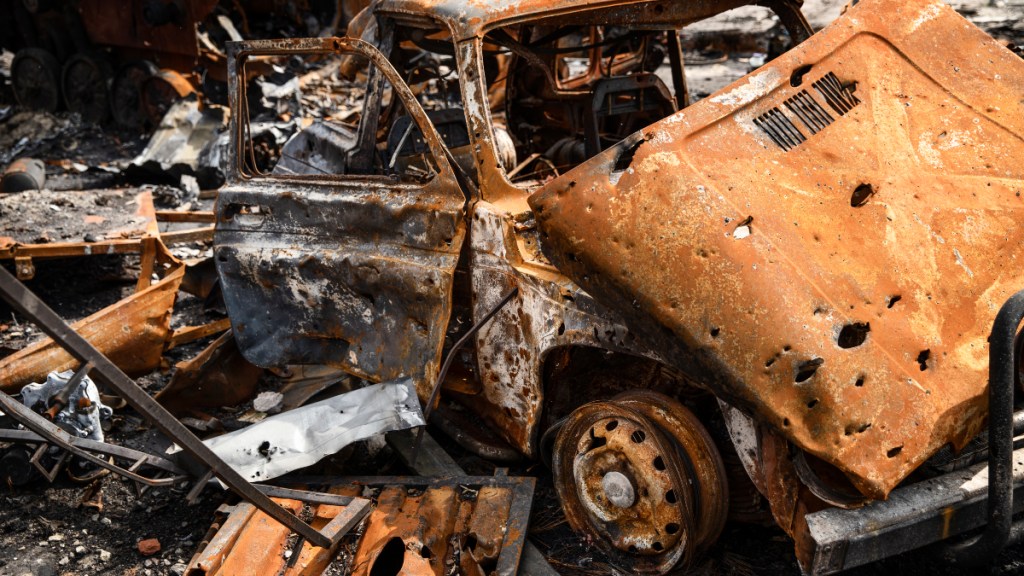The Government of India is a strong advocate for scrapping of old vehicles which not only boosts the economy but also helps save the environment. The central government already has policies in place to incentivise scrappage of old vehicles. However, in order to combat the excessive air pollution, especially in metros, Tier 1, and Tier 2 centres, the Indian government has updated the vehicle scrappage policy.
In a recent development, the Ministry of Road Transport and Highways (MoRTH) has proposed a significant increase in the rebate for new vehicle purchases under its Vehicle Scrapping Policy. As per the draft notification issued on January 24, MoRTH has proposed to double the rebate up to 50 percent in one-time tax on purchase of new vehicles after scrapping those with BS-II and earlier emission standards.
At present, a discount of 25 percent in Motor Vehicle tax is provided on purchase of a new vehicle after scrapping old personal vehicles, while the rebate is capped at 15 percent in case of commercial vehicles. The draft notification further says that up to 50 percent discount would be applicable for all vehicles, both commercial and personal, that are BS-I compliant or were manufactured before the BS norms were introduced.
This discount would be applicable in case BS-II vehicles that fall under medium and heavy private and transport vehicles. For reference, the BS-I carbon emission norm for vehicles became mandatory in 2000, while the BS-II came into effect from 2002. Presently, there are over 60 Registered Vehicle Scrapping Facilities (RVSFs) across 17 states/UTs and 75-plus Automated Testing Stations (ATSs) across 12 states/Union Territories operational in the country with many more in the pipeline.
Express Drives’ Opinion
Express Drives is of the opinion that this is another positive initiative taken by the Indian government on paper at least. However, on ground, there are multiple challenges that need to be addressed. For instance, the lack of government-approved scrappage centres in the country prevents people from scrapping their old vehicles even if they want to.
Another challenge is the prejudice against old vehicles even if they are in near perfect running condition. The preconceived notion that all old vehicles emit the same levels of air pollutants is scientifically wrong. Hence, any ruling should be implemented on a case-to-case basis. Also, the scrappage of small, medium and large commercial vehicles should be prioritised over all passenger vehicles and two-wheelers.
With inputs from PTI
